Here’s how I’m using AI in my music business:
I’m not. End of post. Bye bye. See you later.
…
Okay, that was a Shrek reference, and relatedly, I’m just kidding – about ending the post there, not so much about my usage of AI tools.
Despite the hype, I haven’t really adjusted any of my processes to account for the wonderful-creepy-magical powers of artificial intelligence.
I did try, for a couple of minutes.
After I (along with the rest of the world) discovered ChatGPT last fall, I signed up for a subscription service that promised to write SEO-optimized articles. It was pretty magical, not going to lie; all you had to do was give the software a prompt, push a few buttons, and voila! – you got 2,000 words of bullshit.
I cancelled my subscription an hour after signing up.
I’ve also played around with some of the AI features that have been baked into practically every software I use. I’ve tried AI-generated CSS in my website builder, I’ve created AI-powered article briefs in my task management system, and I’ve listened to Spotify’s weird, but admittedly kind of cool, AI-voiced DJ. (More on this another time, maybe.)
Some of it has been useful (I’ve particularly enjoyed the coding stuff), but most of it has felt gimmicky, and little of it has legitimately saved me time.
Don’t get me wrong. I’m not saying that AI isn’t a game-changer, and I’m definitely not saying that I avoided the existential crisis of watching a computer write better prose than me. If I ever pause to consider how well AI will write within the next year (let alone the next decade), I freak out.
And if I ever think about how all this tech is going to converge – music generation, speech generation, video generation, the ability to receive sensory inputs – I start to hyperventilate.
But I’ve come to the decision that I want to write for Two Story Melody for as long as humans will read it.
It’s not because I think I’m a better writer than AI. I mean, I do think that as of July 17, 2023 A.D. – but I also think it’s likely that AI will surpass my ability by this time next year.
No, I think of it kind of like this:
A little while ago, for no good reason, I watched this click-bait YouTube video in which a guy named Stephen paid a handsome model to attend his high school reunion and pretend to be him.
It’s a pretty funny concept (go ahead and watch it if you’re up for wasting the next 20 minutes). The model kind of looked like Stephen, except they were more attractive. And the model had the same hobbies as Stephen (music / guitar), except they were more talented.
The plan was for Stephen’s model to dazzle everyone in conversation, rip a sick guitar solo during a live music performance, then head off into the night, leaving Steven’s classmates convinced that in the 10 years since graduation, he’d gotten way cooler.
What actually happened was that a) Stephen’s old friends didn’t believe the actor was actually Stephen, and b) Stephen’s old friends wanted to hang out with the real Stephen rather than the model.
It’s not that the actor wasn’t more impressive than Stephen; he was, in pretty much every way.
It’s just that real relationship required the real Stephen.
What I’m getting at is this:
I won’t use AI to write for the same reason I won’t pay an actor to take Alli out to dinner. It’s not because I’m objectively the best option for the job, but because I like to do it myself, and it’s good for me, and it’s how I build actual connection.
As I wrote about AI previously, my belief is that just because artificial intelligence can do something better than you (write, make music, take your wife out to dinner) doesn’t mean you shouldn’t do it.
Someone’s always been able to do the thing better than you, anyway. The point was never to be the best at something; the point was to get better at being yourself.
To clarify, I don’t think it’s necessarily bad to use AI – for writing or for other things. I’m just explaining why I’ve chosen not to.
That said, while I’m not really using AI, I am accounting for how it will change my industry.
Most of the traffic to Two Story (and accordingly, most of my revenue) has come through organic search – people searching on Google and finding an article that we’ve written, then maybe buying something or opting into our email list. Chances are good that that’s how you found me.
But AI is poised to drastically change how organic search works.
Bing’s already got their chatbot built in, and Google’s about to roll out something they’re calling “generative search,” which basically means that the main result for search queries will be an AI-generated answer.
Long-story-short, the traffic to Two Story is in serious jeopardy, which means my revenue is, too.
I saw that coming the first time I saw ChatGPT, and I’m planning to balance it out in two ways:
- I started a YouTube channel to build another stream of traffic outside of organic search. Maybe this will be jeopardized by AI avatars next year, but at least for now it’s got a wider moat.
- I’m leaning more heavily into my own products and services than I’d planned to a year ago, because Google’s AI search results tend to favor product and service providers above content providers.
(Technical side note if you’re interested: The way this works is that if you search for, say, “Spotify promotion service,” you used to see my article analyzing 13 different services, which brought in around 5,000 visitors a month – but soon you’ll see an AI answer that summarizes a bunch of articles like mine and gives you the service options upfront. This will strip a lot of the traffic from my article, but the AI answer will actually send traffic to the services themselves. Moral of the story is that if I want to maintain traffic / customers, it makes sense to lean into products and services.)
I’d be lying if I said I knew exactly how this will all play out.
Maybe my gambles will work; maybe they won’t.
But the point is that I’m not treating AI stuff as baseless hype. I’m doing my best to adapt, and hopefully thrive, in an AI-crazed world – even if I’m not using the technology a ton in my own processes.
All right, that’s all I’ve got for this one.
Not sure if that stream of consciousness was at all helpful for you as an artist / music marketer, but I figured it might be at least somewhat interesting.
Here’s wishing you a great final summer before Skynet takes over.

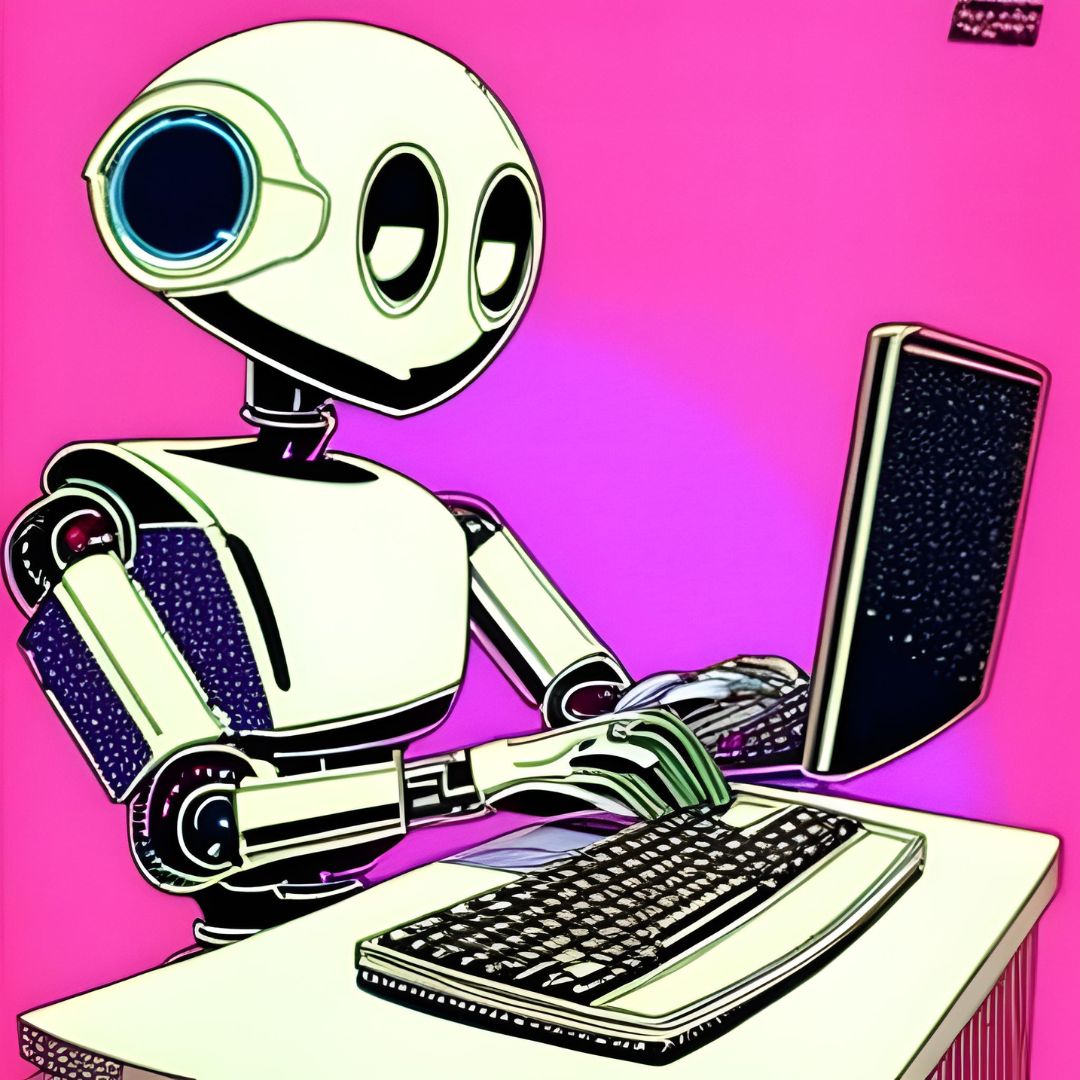
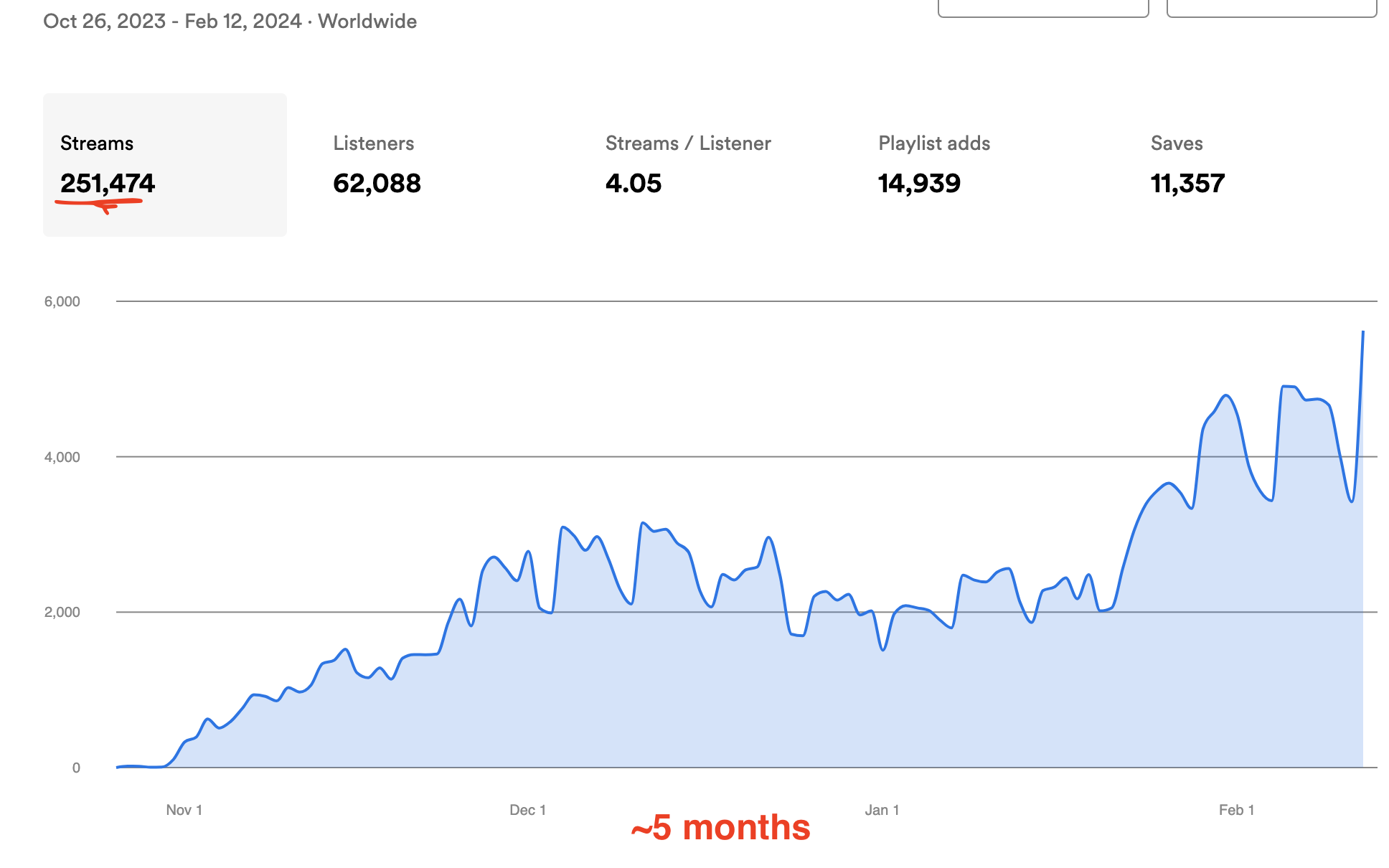
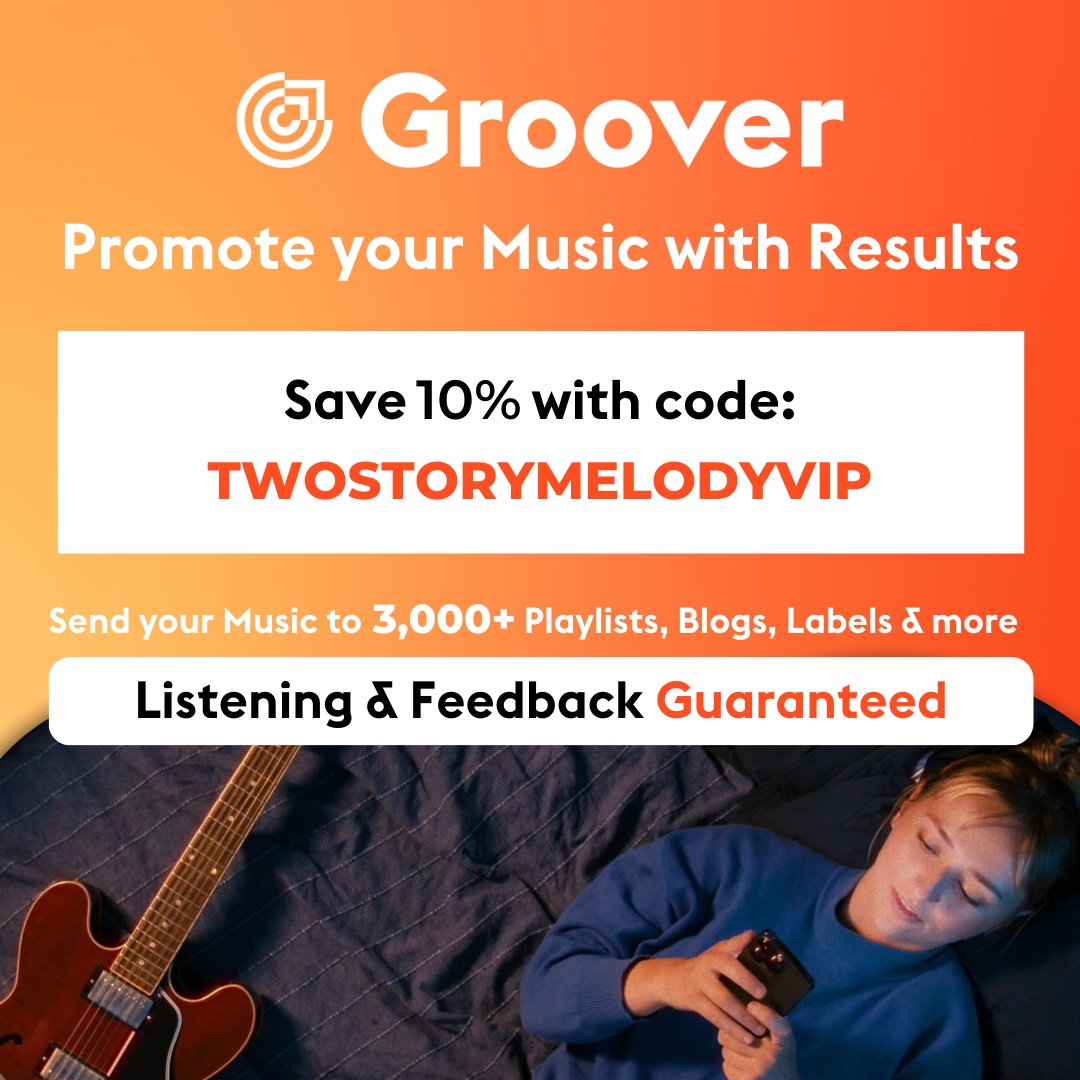
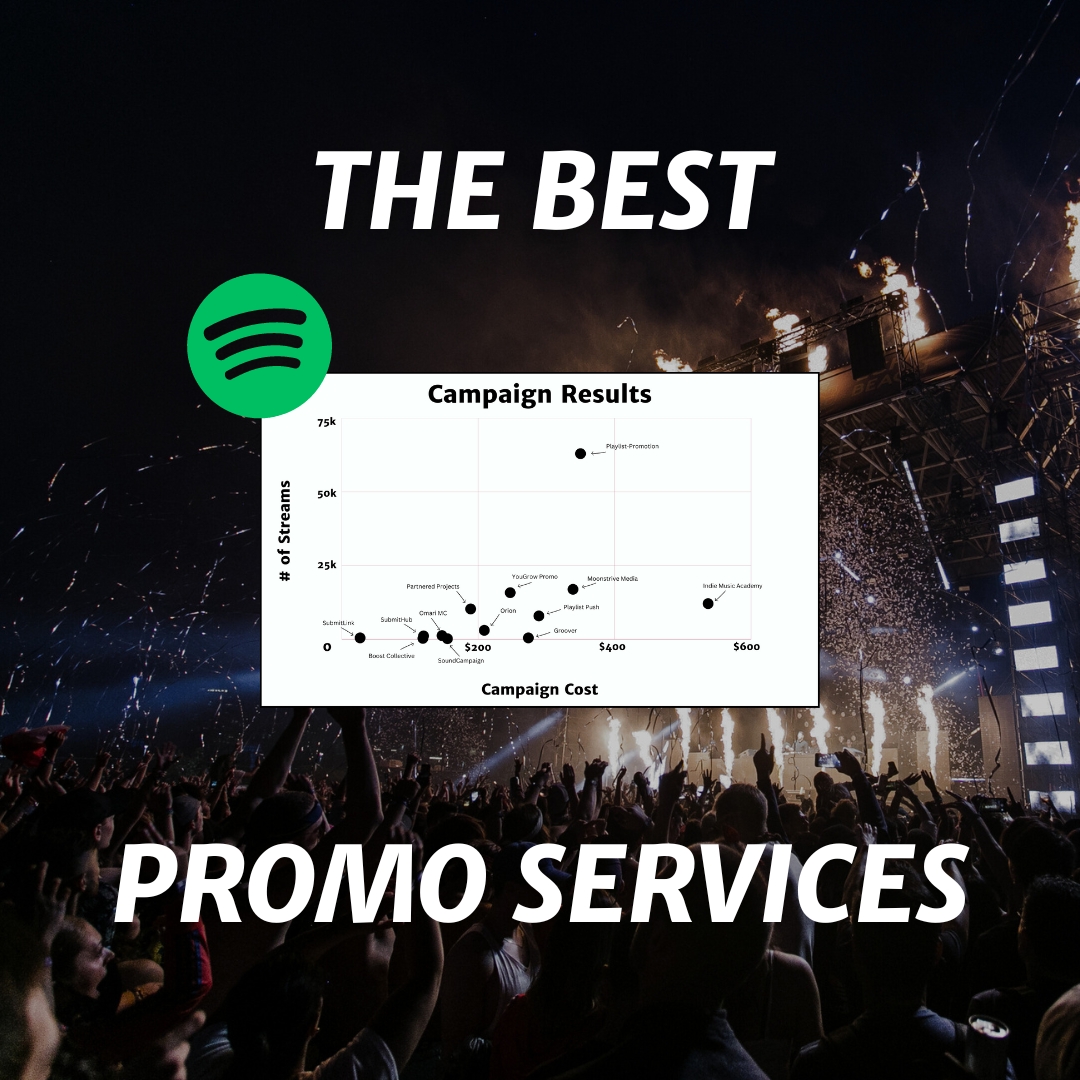
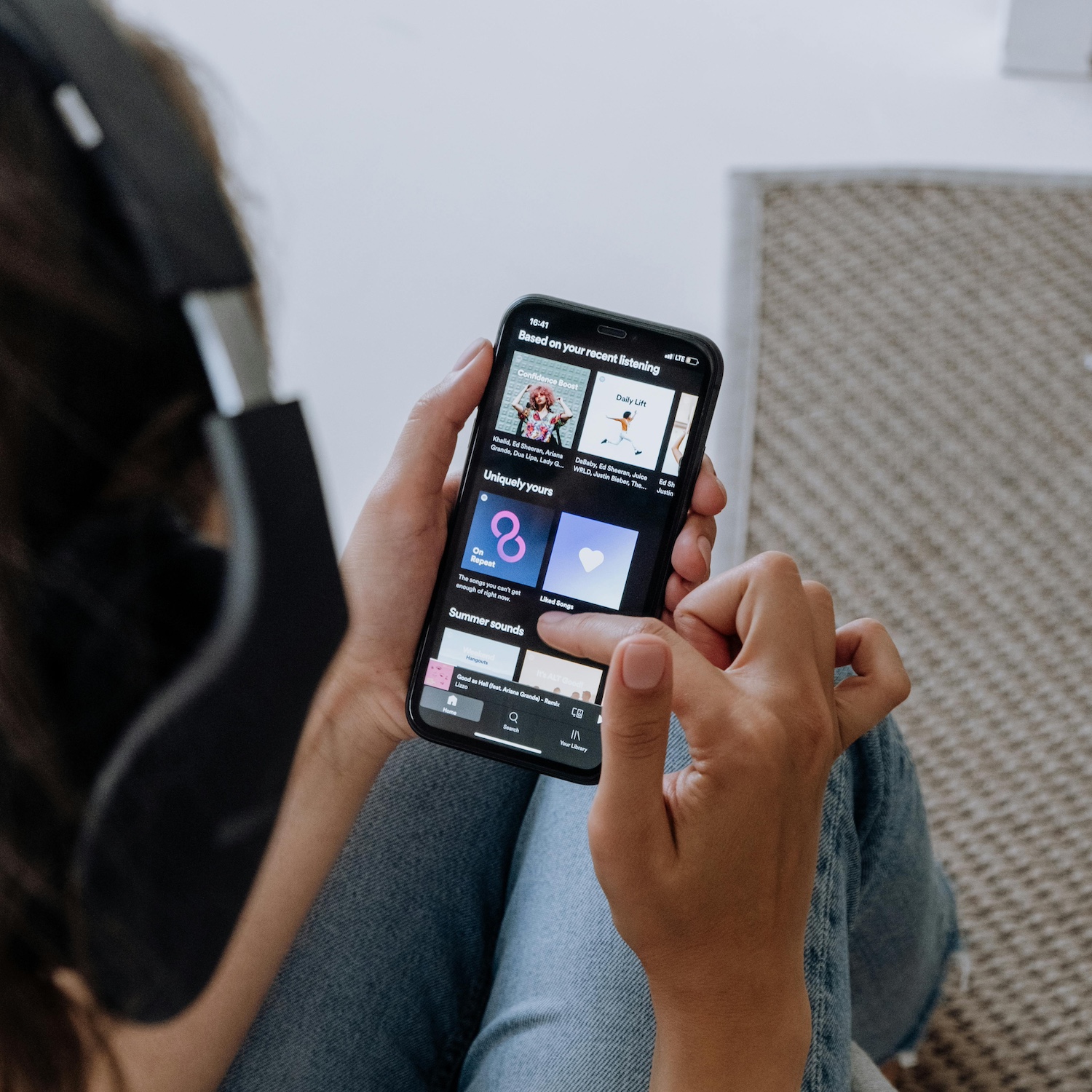


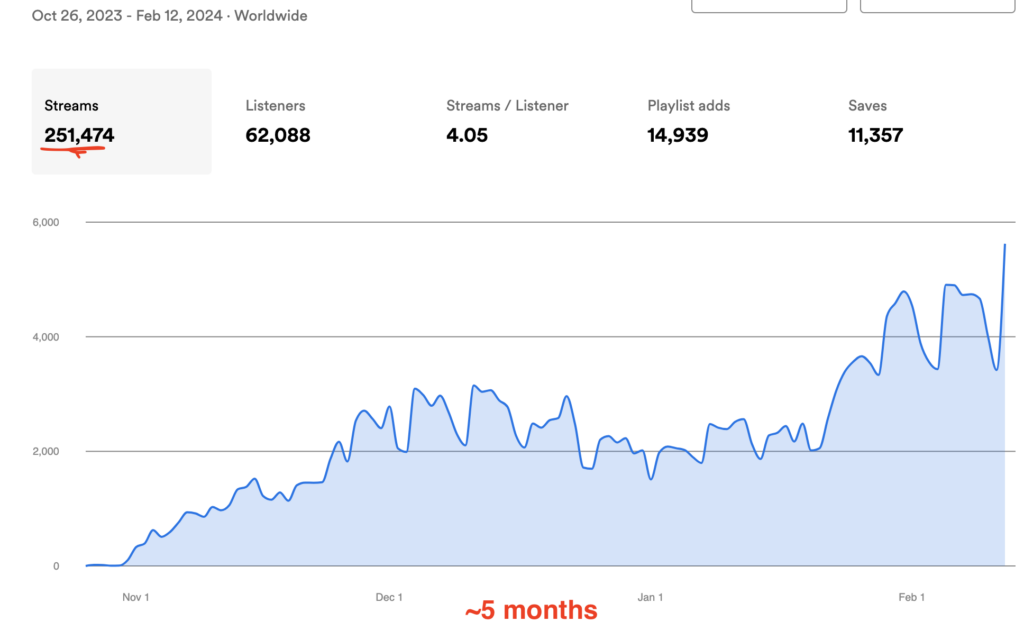
4 Responses
As a Baby Boomer in the indie music biz trying to get music into TV/Film/Movies, it seems there are all of these people out there in the cyber world who claim to help you find success for hundreds of dollars. I’m not convinced. I’ve been doing my own marketing as an online DIY artist, and AI filters have boosted my visual presence in a good way, with the ability of creating music video soundbites with the added creative dimension that AI offers (which I would usually have to pay a graphic artist for). I designed my next CD cover using AI, and am happy with the results. And the best part is, it was free to create it!
I’m excited about what AI will bring to musicians!
Yeah, I think that’s one of the easiest use cases for AI right now – photos / graphic design. I haven’t tried that stuff too much myself, but some of the images coming out are incredible.
Thanks for sharing the perspective.
Hello Jon,
I find your articles very useful to read. I find this one particularly inspiring in a way that you probably didn’t mean it. You said:
“Someone’s always been able to do the thing better than you, anyway. The point was never to be the best at something; the point was to get better at being yourself.”
I feel as if I really needed to hear this and I hope others find value in it as well. The purpose of creating is to share an emotion that’s distinctly human. That’s why AI will never replace music itself. Furthermore, comparison is the thief of joy so the only person you can compare yourself to is who you were yesterday.
Yeah, agree with you on both counts – AI will never replace human music, and comparison is definitely the thief of joy. Thanks for reading, Joe, and glad it resonated!